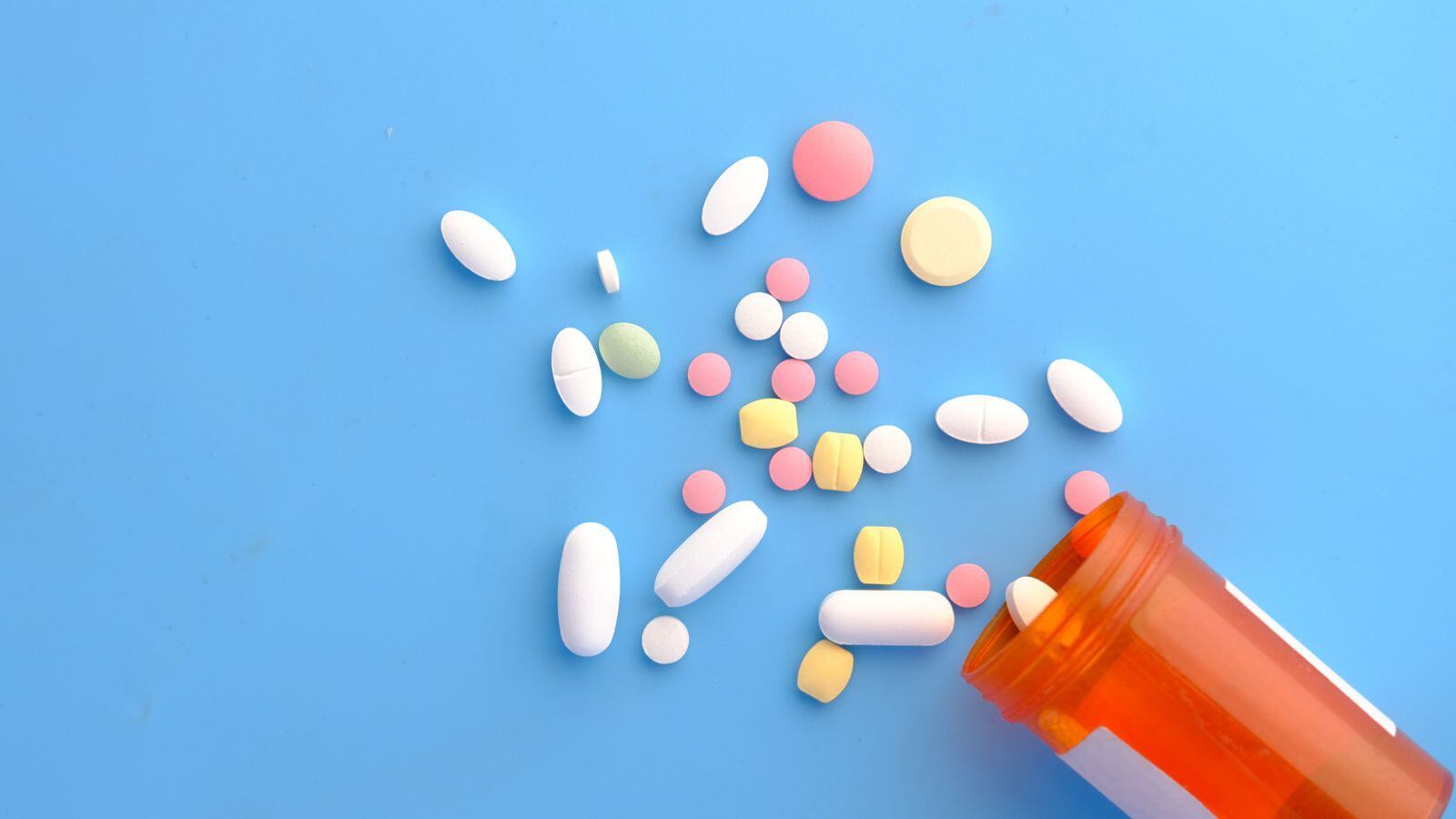Stability testing plays a crucial role in the development of medicinal products, ensuring that they maintain their quality, safety, and efficacy throughout their shelf life.
These tests are an intricate process that requires significant resources in terms of cost, time, and scientific expertise to generate accurate and reliable data.
The primary objective of stability testing is to determine the shelf life of a drug during storage. In essence, it assesses the drug’s stability under specific packaging and closed system conditions, encompassing its physical, chemical, microbiological, therapeutic, and toxicological specifications.
To adhere to best practices, stability studies are conducted in accordance with guidelines established by organizations like the International Council for Harmonisation of Technical Requirements for Pharmaceuticals for Human Use (ICH) and the World Health Organization (WHO).
The primary motivation behind conducting stability studies is to ensure the well-being of patients by establishing the appropriate shelf life and storage conditions for medicinal products. Through these tests, the impact of environmental factors on the drug substance or formulated product is evaluated, enabling the prediction of shelf life and determination of proper storage conditions and labeling instructions for patients.
The Importance of Stability Testing in Pharma
Let us delve deeper into the significance of stability testing in pharmaceutical development:
Determining Shelf Life and Storage Conditions
Stability studies aid in establishing the shelf life of a medicinal product and defining suitable storage conditions, including the choice of appropriate packaging materials. The shelf life represents the duration before any degradation product in the dosage form reaches a level that poses a risk to the patient. Additionally, stability testing ensures the activity level of the active ingredient (API) in the medicinal product, guaranteeing that patients can rely on the product’s efficacy throughout its shelf life. Any loss of activity, falling below the labeled claim, can lead to therapy failure.
Informing Labeling Instructions
In-Use Stability Study
An in-use stability study helps determine the time period during which a multiple-dose drug product remains acceptable in terms of quality specifications after the container is opened. This information is critical for patients who use the product over an extended period, ensuring that they receive consistent quality and efficacy throughout the designated usage period.
Regulatory submission
A comprehensive and scientifically sound stability study is an integral part of the regulatory dossier submitted to authorities for the approval of a medicinal product. Regulatory agencies require detailed stability data to assess the product’s quality, efficacy, and safety. The data from stability studies demonstrate that the product remains within acceptable specifications under the labeled storage conditions.
Ongoing Stability Checks
As per Good Manufacturing Practices (GMP) requirements outlined in guidelines such as the European Union (EU) and Pharmaceutical Inspection Co-operation Scheme (PIC/S) GMP Guide Chapter 6.26, ongoing stability checks are mandatory throughout the product’s lifecycle. These checks monitor the product’s stability over its shelf life, ensuring that it continues to meet specifications under the prescribed storage conditions. Ongoing stability studies are necessary to identify any changes introduced in the formulation or manufacturing process that could potentially affect the product’s stability in an adverse manner.
Conclusion: Stability Testing Plays a Pivotal Role in Pharma
Stability testing is not merely a regulatory requirement but a critical aspect of ensuring the quality and efficacy of medicinal products. It plays a pivotal role in protecting patient health by establishing the appropriate shelf life, storage conditions, and labeling instructions.
As the pharmaceutical industry continues to advance, stability testing will remain an essential practice, upholding the highest standards of product integrity and patient care.
Quercus, your trusted GMP Lab
Quercus Laboratories is a member of the QbD group and is a trusted GMP Laboratory that supports the pharmaceutical industry with a wide range of QC testing services. We offer a complete service from chemical and microbiological QC testing of raw materials and finished drug products.
Our capabilities include:
Analytical Method Validation – Batch release – EU Import services – Tech transfers of analytical methods – Batch Testing and Certificate of Analysis – Manufacturing plant certification for EU-GMP compliance – Documentary review – Batch Certificate for release – QP Back-Up Services – Additional stability studies – Secure storage of retention samples – MA holder – Regulatory affairs support: CTD dossier writing and marketing authorization application (CP/DCP/MRP/NP).







.png?width=109&height=108&name=Pharma%20(2).png)
.png?width=111&height=108&name=Medical%20Devices%20(2).png)
.png?width=84&height=107&name=IVD%20(2).png)






